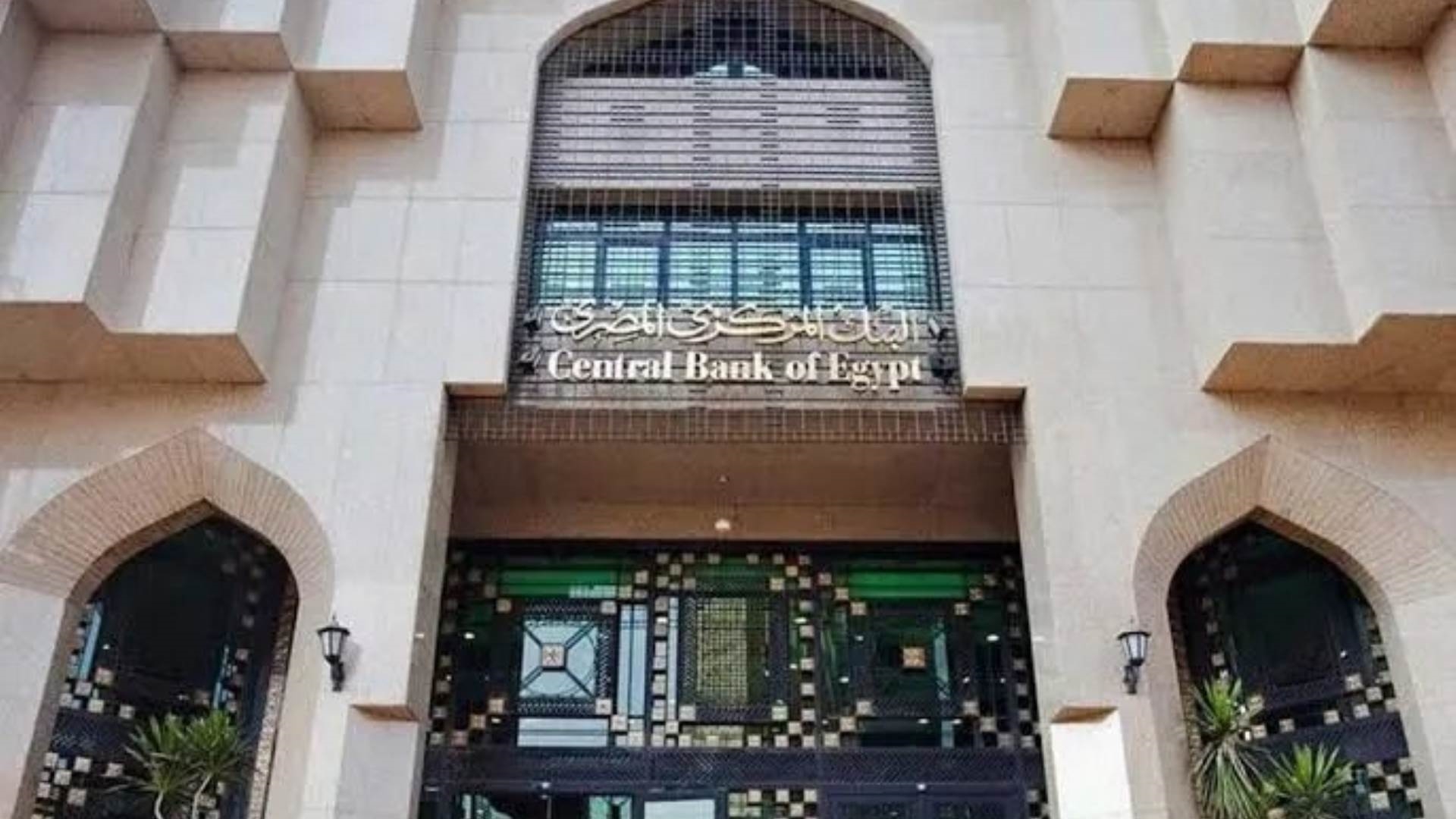Egypt’s CBE reviews Efforts to enhance Sustainable Finance in Banks

All banks have completed measuring carbon footprint of internal activities at head-quarters:
In the light of Sharm el-Sheikh Climate Change Conference-COP27- the Central Bank of Egypt announced that all the banks operating in Egypt have concluded the measure of carbon footprint at their head-quarters.
CBE issues binding regulations to foster sustainability and sustainable finance:
This comes in implementation of the fifth pillar of binding regulations for sustainable financing issued by the Central Bank, which stipulates "the application of the principles of sustainability to all internal activities and operations banks working in Egypt".
These regulations are a milestone in strengthening the role of the banking sector towards achieving Egypt’s vision and will accelerate the transition towards a green economy and respond to current and emerging environmental and social risks.
The regulations encompass several pillars, including the establishment of an independent department for sustainability and sustainable finance within each bank, as well as binding banks to integrate policies and procedures for sustainable finance within their credit and investment policies. This is in addition to preparing periodical reports in this regard and finally consulting an environmental expert to assess the large corporate projects from an environmental perspective.
CBE efforts regarding Enhancing Sustainable Finance:
The CBE has published a circular in July 2021 including main guidelines regarding Enhancing Sustainable Finance which included proceeding to develop a conception to modify the current policies and procedures of banks to include elements of Sustainable Finance, taking into consideration setting clear goals for the bank under the umbrella of Sustainable Finance
CBE has issued a binding rule for banks in Egypt regarding the assign tasks related to Sustainable Finance to an officer of the bank’s sectors, provided that such tasks shall not fall under the umbrella of the corporate social responsibility (CSR) well as binding banks to integrate policies and procedures for sustainable finance within their credit and investment policies.
The CBE has also required banks to enhance the innovation and issuance of green banking products such as green loans, green investments and green bonds.
This new set of policies was prepared in accordance with international best practices in a manner that suits the Egyptian context with the aim of directing banks towards financing more sustainable projects, enhancing investment opportunities by attracting investors who are more inclined towards sustainable projects, and encouraging investments in foreign currencies.
What is Carbon footprint?
A carbon footprint is the total greenhouse gas (GHG) emissions caused by an individual, event, organization, service, place or product, expressed as carbon dioxide equivalent (CO2e).[1] Greenhouse gases, including the carbon-containing gases carbon dioxide and methane, can be emitted through the burning of fossil fuels, land clearance, and the production and consumption of food, manufactured goods, materials, wood, roads, buildings, transportation and other service






